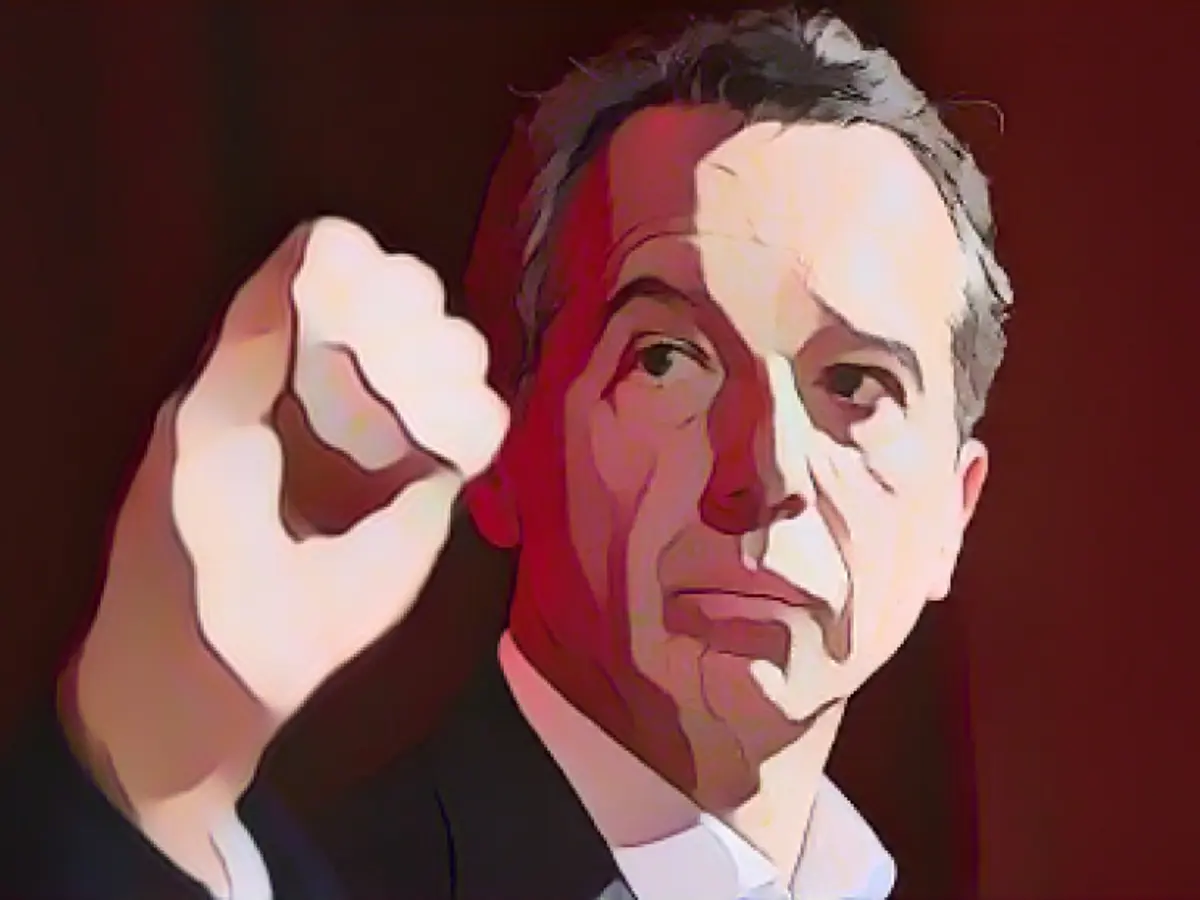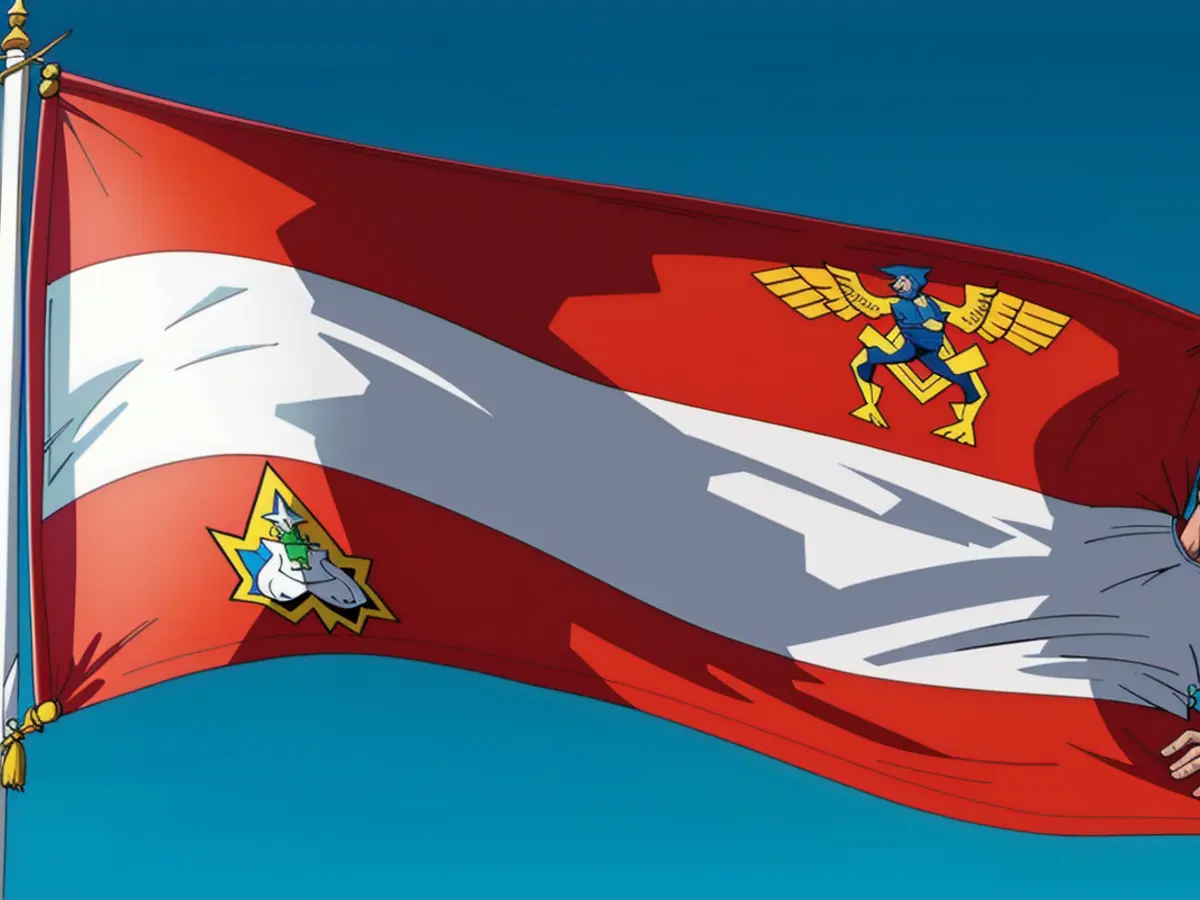"Germany's Struggles and Kern's Warning"
Christian Kern (57), previously Federal Chancellor and head of Austrian railways, now serves as the supervisory board chairman for a specialized German glass manufacturer in the solar sector. His apprehensions extend beyond his current role, encompassing Germany's financial crisis and its potential impact on the entire European Union.
The Political Conundrum
Kern shares his concerns, stating, "I watch Germany's economic situation with deep regret, as an ex-politan and a company leader. It seems like they've forgotten how to play soccer at the most crucial moment."
Fears of Economic Collapse:
Kern laments that for over a decade, Germany could have transformed its infrastructure – including transportation, telecommunications, and education – to fit the future's requirements at the lowest interest rates. However, this chance has been missed. As a result, the nation is now grappling with the consequences in a desperate attempt to rectify past mistakes.
Kern warns that if this trend continues, it could jeopardize Germany's stability and ultimately drag Europe into chaos. He asserts, "Anyone who thinks this is just a German problem is mistaken. Germany's problem is Europe's problem."
The Economic Urgency
Kern's primary fear is the potential collapse of manufacturing industries in Norway and other European nations, leading to a domino effect. He highlights that German and European industries are struggling under the weight of competitive Chinese imports, which are selling at artificially low prices. European governments, like Germany, have yet to impose protective tariffs on these imports.
Kern has advocated for change, aiming to regulate the origin of solar panel subsidies. He argues that, without such regulations, Asian manufacturers are flooding the German and European markets with surplus production, choking the domestic industry's growth.
The Promised Solution:
Kern emphasizes the need for a fair political approach, ensuring investment security and reducing Europe's reliance on foreign technology. This will require a shift in policy, moving away from excessive state subsidies and focusing on longer-term stability.
The Looming Danger:
Kern predicts a dire future for the German solar industry if the situation is not addressed urgently. He believes that valuable opportunities and potential jobs are being squandered while the industry is in danger of becoming obsolete.
During the refugee crisis, Kern, as Federal Chancellor of Austria, raised concerns about Germany's migration policy and its impact on Europe's political climate.
Source:
Enrichment Insights:
While the article focuses on Kern's concerns about Germany's solar industry and potential impact on Europe's economy, information from enrichment data paints an altered picture.
Christian Kern has criticized Deutsche Bahn, the national German railway service, for its structural issues, including excessive bureaucracy and the expectation of profitability from a public service. He advocates for a more public service-oriented approach, like Austria's ÖBB, which has maintained high punctuality rates and reliability with a focus on long-term investment in infrastructure.[1]
These insights suggest that Kern's broader concerns may not be limited to the solar industry but extend to the efficiencies and bureaucratic issues within German state-owned companies, which he views as hampering economic growth and stability.
[1]








